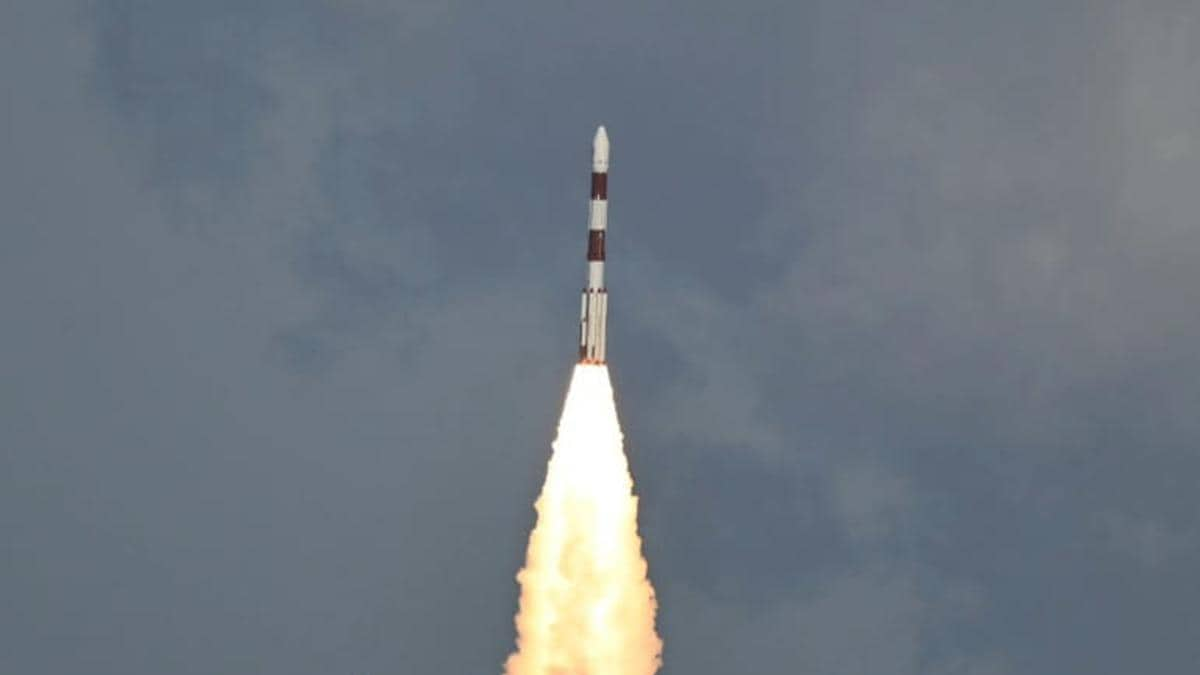ISRO's PSLV-C59 mission, carrying the European Space Agency's Proba-3 satellites, was successfully launched on December 5, 2024, from the Satish Dhawan Space Center in Sriharikota. The launch, initially delayed by a day due to an anomaly, occurred at 4:04 PM IST. The mission's objectives, including deploying the satellites into their designated orbit, were achieved with precision, according to ISRO Chairman S. Somanath.
Mission Objectives and Achievements
The Proba-3 mission is a part of ESA's in-orbit demonstration initiatives. It comprises two spacecraft designed to perform precise formation flying, achieving control down to a single millimeter. Details shared by ESA reveal that the satellites will create artificial solar eclipses in orbit, enabling extended studies of the Sun's corona.
Shortly after separation, the Yatharagga ground station in Australia confirmed receiving signals from the satellites, a per several reports. Telemetry data is being processed at ESA's mission control center in Redu, Belgium. Josef Aschbacher, ESA's Director General, described the successful liftoff as a significant step for the mission's objectives, in a statement..
Operational Plans for Proba-3
The satellites, stacked together during launch, will remain connected during their initial commissioning phase. ESA's Proba-3 mission manager Damien Galano noted that the operational phase, involving individual check-outs and formation flying, is expected to begin in early 2025. This phase will include observing the Sun's corona through coordinated maneuvers by the twin spacecraft.
PSLV-C59: Milestone for ISRO
This mission marks the 61st flight of the Polar Satellite Launch Vehicle and the 26th in its PSLV-XL configuration. The vehicle has once again demonstrated its reliability, further strengthening its reputation as a dependable medium-lift launch vehicle for international clients.


